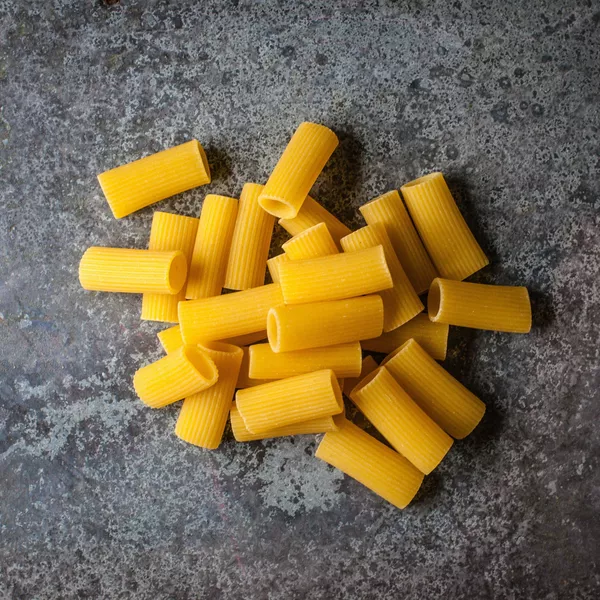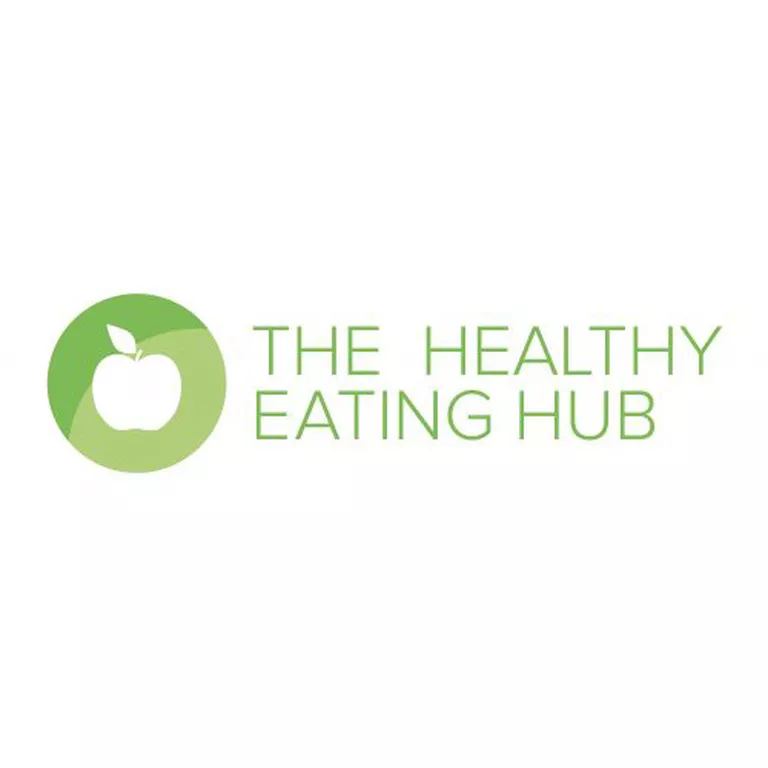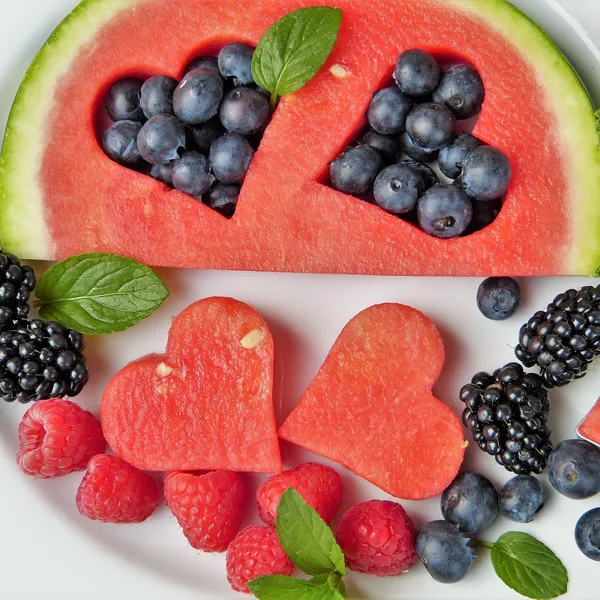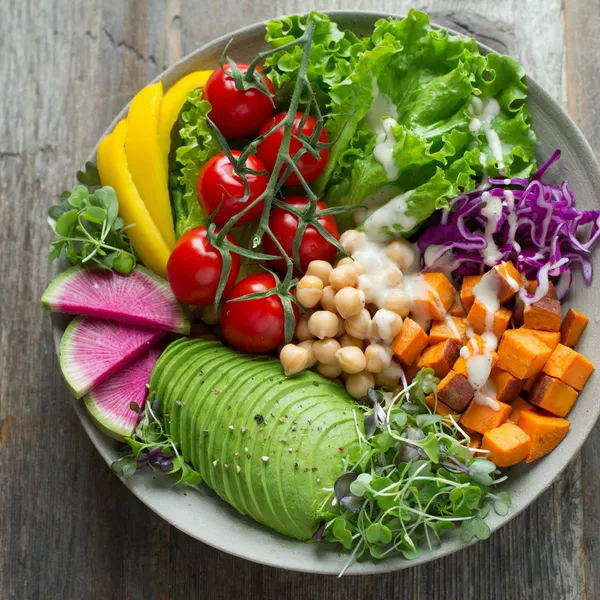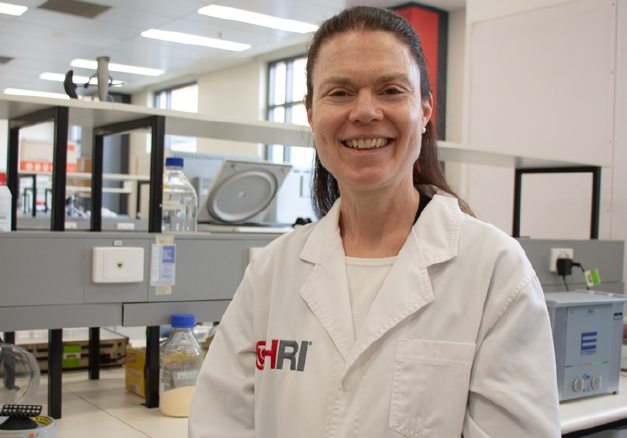Cholesterol is a waxy form of fat that travels through our blood. Although there is a lot of negative connotations attached to cholesterol, it is actually very important for our health and wellbeing. Cholesterol is used to perform crucial functions within the body, such as building the walls of our cells, producing hormones and making vitamin D. As cholesterol is so important for health, it’s no surprise our body produces the majority of the cholesterol it requires on its own. We therefore only require small amounts of cholesterol from dietary sources.
As cholesterol is simply another type of dietary fat, it needs to be transported around the body. Just like oil and water don’t mix, cholesterol doesn’t move well through the blood unless it’s bound to a transporter. To help, our body calls up lipoproteins to get cholesterol to its destination. The two main types of lipoprotein are known as ‘low density lipoprotein’ (LDL) and ‘high density lipoprotein’ (HDL). LDL cholesterol is often deemed the ‘bad’ cholesterol, while HDL cholesterol is commonly known as the ‘good’ cholesterol. ‘Total cholesterol’ is the sum of your HDL and LDL.
